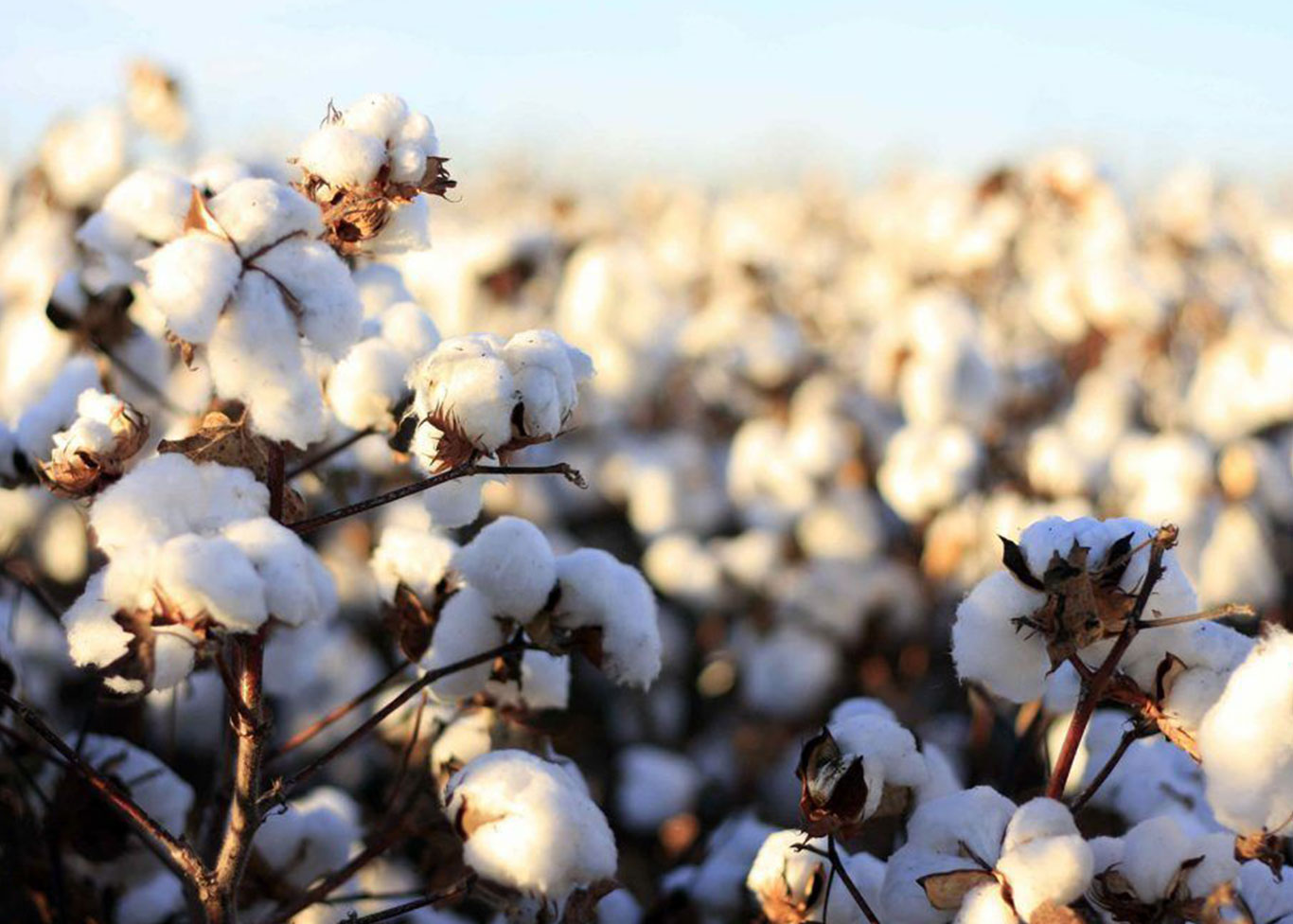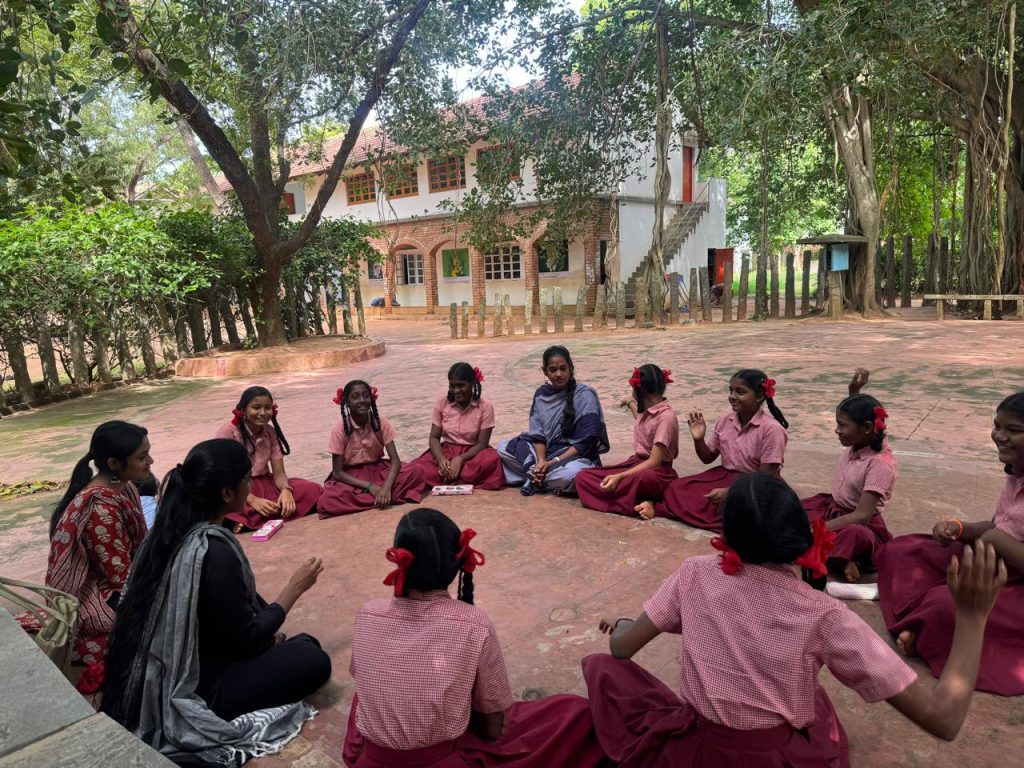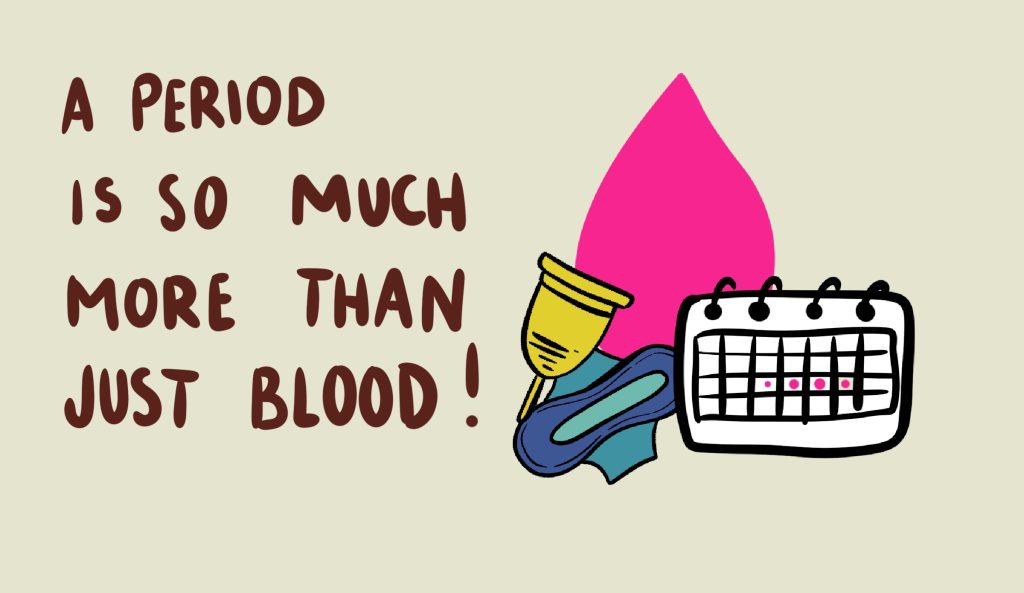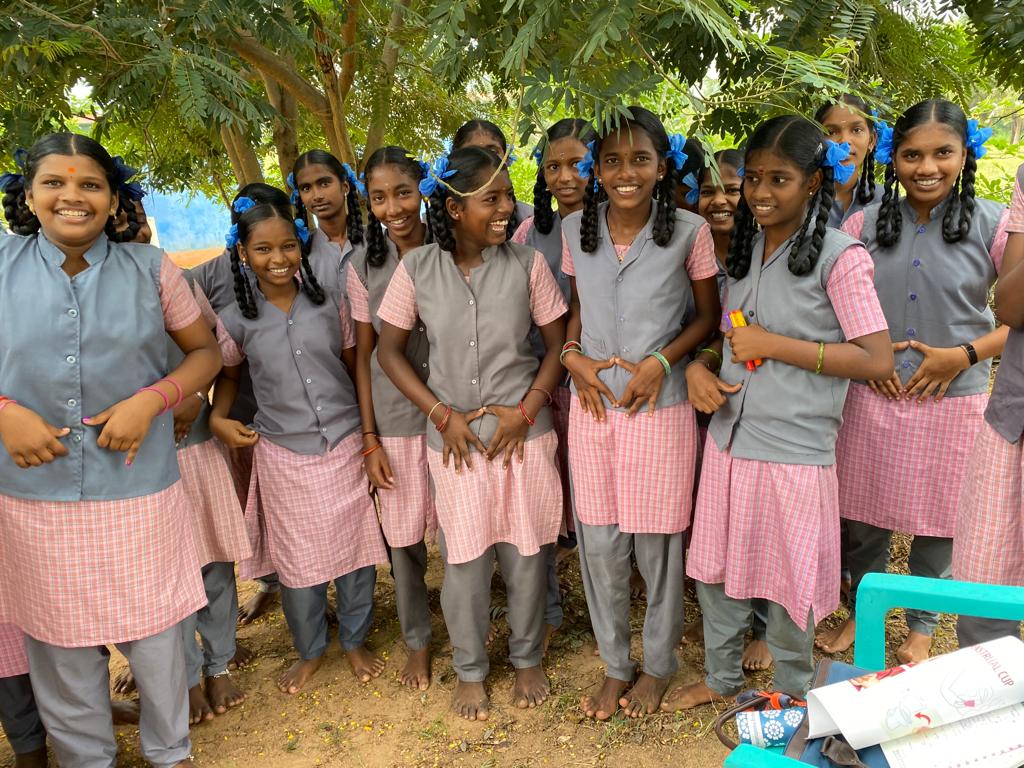Organic certified pads, why is that important?
Many people might make the assumption that organic product certification is about products that are not harmful to the environment but few people know that this label covers a wider scope of ethical and social concerns. This is why we would like to share with you why it is so important for us, and for you, that our pads are certified organic.
not harmful to the environment but few people know that this label covers a wider scope of ethical and social concerns. This is why we would like to share with you why it is so important for us, and for you, that our pads are certified organic.
Eco Femme’s washable cloth pads are certified by GOTS (Global Organic Textile Standard) which is a ‘worldwide leading textile processing standard for organic fibres including ecological and social criteria’.
But what does it mean?
The organic certification provided by GOTS assures that Eco Femme’s cloth pads contain a minimum of 95% certified organic fibers – processed accordingly to environmental and social standards.
 In short, the fabrics we use in our pads do not contain harmful toxic products such has heavy metals, genetically modified organisms (GMO) and their enzymes, no synthetic sizing agents – in both the fabric and the knitting and weaving oils.
In short, the fabrics we use in our pads do not contain harmful toxic products such has heavy metals, genetically modified organisms (GMO) and their enzymes, no synthetic sizing agents – in both the fabric and the knitting and weaving oils.
Chlorine bleaching is also not allowed, and dyeing processes that release carcinogenic amine compounds are prohibited. Printing methods using toxic or chemical products are not allowed as well.
This is very important for both health and environmental reasons, but when you dig deeper you find many other reasons to avoid using non-organic cotton products. Here we share with you some very important facts that make it so important for us to use only organic cotton in our products.
Cotton, a thriving industry?
Estimates for the number of child workers in India are unreliable. Ranging from 20 to 120 million children, no one – not the government, not the hosts of NGOs working with the poor and disenfranchised, not even the trade unions – knows the true figure.
Nonetheless, beyond dispute, it’s accepted that India has the highest number of child workers in the world – some estimates put the number of child cotton workers in India as high as half a million, and non-organic cotton is often farmed unethically using child labor.
GMO (genetically modified) cottonseed production is highly labor-intensive and children, particularly girls, are engaged in most of its operations, as their small hands are better suited to this precision work. No other industry in India has such a high proportion of child labor in its work force!
This means many Indian children, especially young girls, are not given access to school and a joyful childhood, instead, they are forced to work in cotton fields.
A recent report by India’s National Commission for Protection of Child Rights states: “Several hundred thousand children – mostly girls – sacrifice their education and health to produce cotton for a thriving industry.”

Non-organic farming is not only about child labor, but also about working conditions for farmers and their families. Many hours of exploited work lead to health problems, mainly related to not wearing any safety equipment during work and inhalation of cotton dust. There are stories of people passing out from exhaustion and suffocating in the big piles of raw cotton.
Non-organic cotton crops are often sprayed with pesticides, which pose a significant health risk to anyone in the nearby villages. We think it is also time to start thinking about the vulnerable people who catch our trash.
If you’re still asking yourself – why is it so important to change to organic cloth pads? Here are a few other strong reasons why.
Organic pads are good for your health
The use of disposable plastic pads and tampons means that the chemicals contained in it, such as formaldehyde, aromatic solvents and carcinogenic compounds, are in contact with sensitive parts of your body and they will be absorbed.
That continued contact reflects on problems such as irritated skin, allergies, and candidiasis. There is also a higher probability of these products being related to the development of cancer.
Organic cloth pads are good for the environment
Plastic disposable pads are also extremely harmful to the environment.
It is estimated that sanitary napkins take from 500 to 800 years to decompose. In India 9,000 tons of sanitary waste is thrown annually in the landfills, covering an area of 24 hectares, where a vulnerable population lives and works and is daily exposed to it. It is also estimated that 75% of this waste is not even properly dumped.
And if India feels a bit far away to you, lets look at statistics in the UK – one of the world’s leading countries.
In the UK, every woman uses an average of over 11,000 disposable menstrual products in her reproductive lifetime. Tampons, pads and pantyliners generate more than 200,000 tons of sanitary waste per year, and they all contain plastic.
This waste usually ends up in landfills, oceans and rivers. In 2010, a UK beach clean found an average of 23 sanitary pads and 9 tampon applicators per kilometer of British coastline.
Both cases illustrate that sanitary waste is a huge worldwide problem and that we, change-makers and shapers of a more sustainable future, should be committed every day to promote change, through the products that we choose to buy and produce.
This is why Eco Femme’s organic cloth pads use environmentally friendly materials that can either be re-used or recycled, after the pad is no longer of good use.
Eco-Femme’s pads are 90% recyclable, with the exception of the PUL leak proof layer. This material can be re-used for different purposes and is accepted by GOTS. However our 100% organic pantyliner model is 100% recyclable.
At Eco Femme, we are committed to create products that consciously improve people’s health and livelihood – from farmers who work in the cotton fields, to the workers in our factory, our office team, families, our village and the world.
We believe that by working with a fair supply chain we can all benefit from the gifts of Mother Earth and to have a joyful life that doesn’t come at the cost of others suffering.

This is our mantra, and here we share it with you.
Written by Sofia Moradas
Useful Links if you would like to know more






